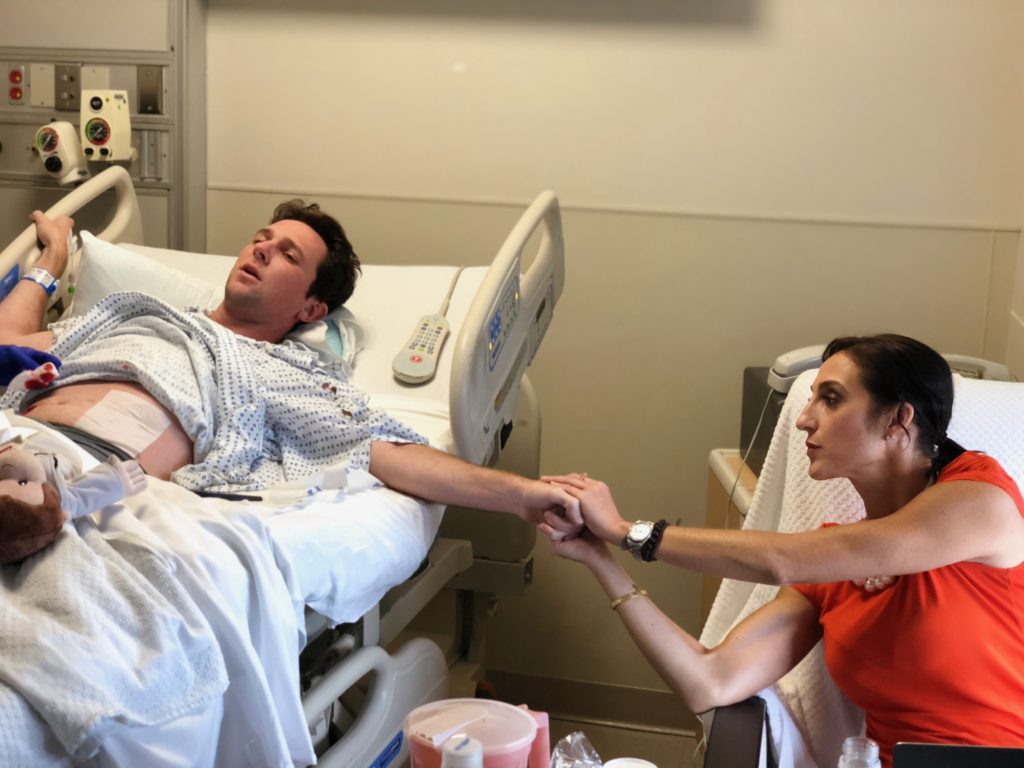What Support Do Carers Need?
Carers are very special people indeed. These are the ones who look after loved ones and friends who need assistance, and this can very often mean that their own lives become somewhat limited and difficult. Yet without these people, more and more people would have to go into long term care, so they are crucial in many ways.
If you know a carer, you should know that they are going to need support. They may not want to admit it, they may not even realize it, but they will need some help at some point along the way. Here are some of the times where carers are going to need assistance, and how you can help if possible.

Give Them A Break
Depending on the level of care required, a carer may be ‘on call’ 24 hours a day, seven days a week. This, of course, means that they never really get any rest, and they’re not able to do their own thing or take any time for themselves. They don’t get to meet up with friends, go to the store, have a meal out, or simply go for a walk or to the gym.
If you can step on for a little while and sit with the person they are caring for so that they can go out, leave the house, and re-set their mental state, you could be helping them hugely. Going on for too long without a break can easily lead to physical exhaustion as well as mental issues like depression. If you notice any of the symptoms of depression or anxiety, for example, the carer may need medication assisted treatment but could be reluctant to be away from their ward for too long. You can help by arranging respite care, or similar assistance.
Help With Caring
Carers are often untrained and have no medical experience, and although they do what they do out of love, depending on the condition of the person they are caring for, additional medical help could be needed as well.
It might be that a nurse needs to come in once or twice a day, for example, or that a physical therapist visits to do work that the carer is unqualified to do.
Help With Household Chores
Caring can certainly be a fulltime job, and that can mean that household chores go unattended because there is just no time to clean up and make things look nice when there is a patient to care for.
Having someone come in to put the vacuum cleaner around, to dust, to clean the kitchen and the bathroom, or perhaps to cook meals (or bring round home-cooked meals that can be frozen and heated up when needed) is a wonderful way to help out a busy carer. You can hire professionals to do the job, or you – and perhaps a few other friends – can visit and take on the task yourself.
Someone To Talk To
Sometimes the carer simply needs someone to talk to. It’s a hard life, and although they are mostly happy to do the work, that doesn’t mean that they won’t want to rant and express their feelings once in a while. Being there to listen and to offer advice if required can be the very best support you can offer.
